The multinational maritime exercise REPMUS/Dynamic Messenger 2025 has begun off the Atlantic coast of Portugal, bringing together Allies, partners, academia and industry to advance unmanned systems integration and innovation, NATO stated.
The event combines REPMUS (Robotic Experimentation and Prototyping with Maritime Unmanned Systems) with Dynamic Messenger, part of NATO’s operational experimentation initiative. According to NATO, the aim is to provide a realistic environment to test and evaluate new maritime capabilities while accelerating technology delivery for Allied navies.
Spanish Navy Captain Julio Hernandez, Assistant Chief of Staff for Exercises at Allied Maritime Command (MARCOM), said in the press release: “By combining the REPMUS series with the operational environment of Dynamic Messenger, we reinforce the core objectives of both exercises while providing NATO, its Allies, and partners with a unique opportunity to explore the latest technological innovations and unmanned systems.”
The exercise is hosted by the Portuguese Navy and co-organised by MARCOM and Allied Command Transformation. More than 2,000 participants with around 260 systems from 22 Allied nations are taking part, joined by observers from 13 additional countries, including Australia, Brazil, Chile, New Zealand and South Korea.
NATO highlighted that REPMUS/DYMS25 spans multiple domains, from the protection of undersea infrastructure to naval mine warfare, undersea warfare, countering uncrewed systems, and multi-domain command and control. Academic and research partners include the University of Porto, the Centre for Maritime Research and Experimentation, the NATO Joint Capability Group on Maritime Unmanned Systems, and the European Defence Agency.
NATO added that several participating innovators are supported by its Defence Innovation Accelerator for the North Atlantic (DIANA). Ships from Standing NATO Maritime Group 1 are also involved, underlining Allied interoperability and readiness.


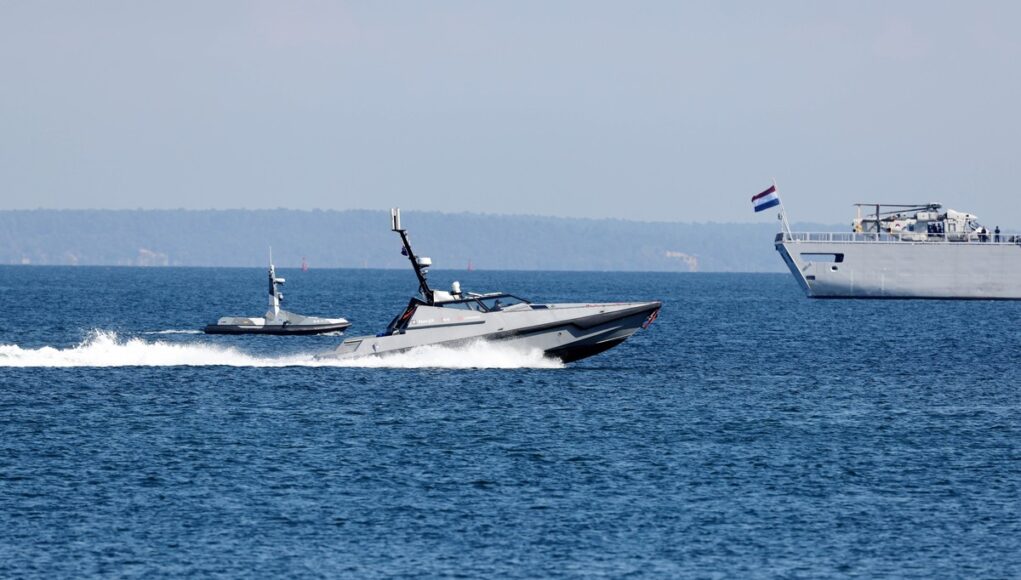
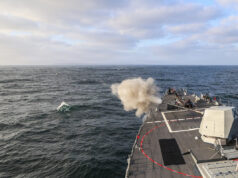
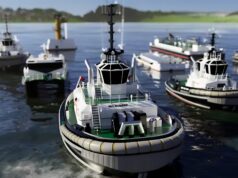

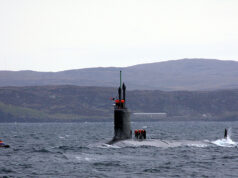
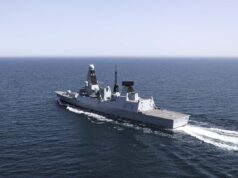

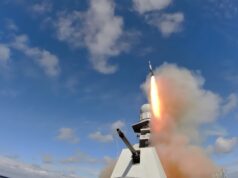
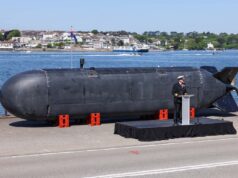
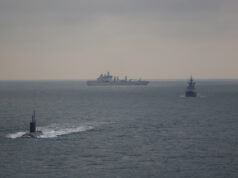


there is a quite a few videos on the net if this drone dripping stingray torpedoes I think it was in this exercise last year. cheaper than a helicopter and with the potential for a strong ASW option it could be bthat we are witnessing a major change in how ASW might be conducted in the near future or even maybe now.
Unfortunately it was an inert torpedo; the T-600 couldn’t carry a live Stingray, which is heavier (the warhead makes up about a sixth of the torpedo’s total weight). BAE, who bought Malloy, have said they are working up the carrying capacity of the the T-600 before they move ahead with the T-650. There are also statments that the mod 2 Stingray will be lighter than the mod 1, but that’s still a few years off. All in all it will happen for real at some point, but don’t hold your breath.